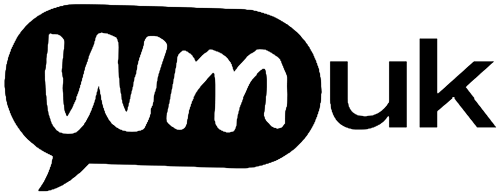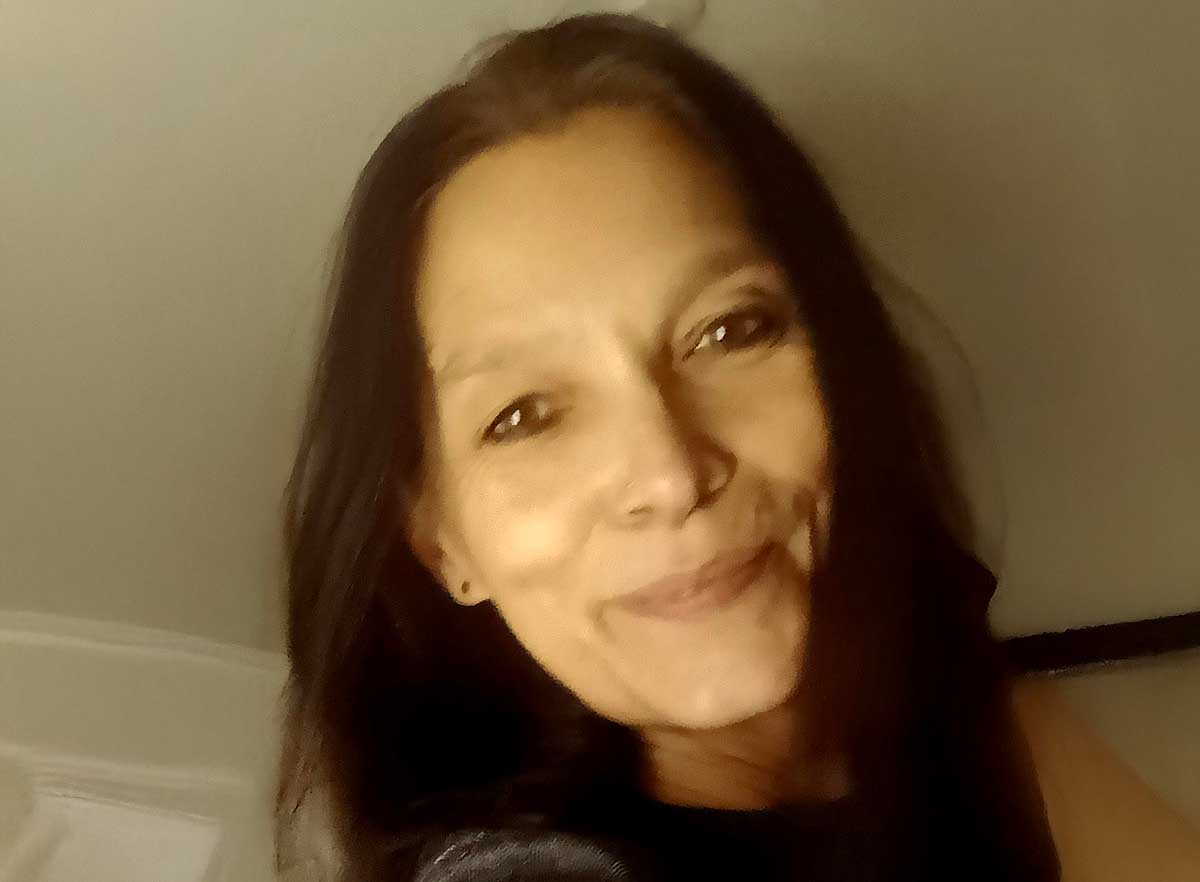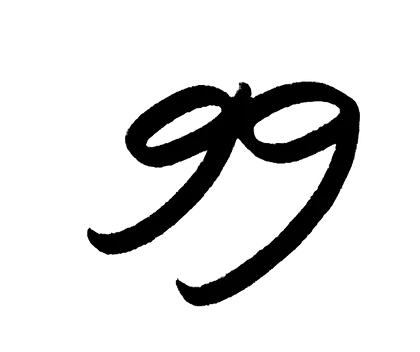Living With Waldenstrom’s: My Journey
I was diagnosed with Waldenstrom’s macroglobulinemia (WM) on the 15th of May 2023. It still feels strange to say those words. My story started a few years earlier, though, when I had Covid really badly towards the end of lockdown.
I’d gone back into school to work with vulnerable students, and I may have picked it up there. Normally, I’m pretty healthy — I don’t really get cold, but this completely knocked me sideways.
It took a long time to recover, and I never really felt like I “kicked back in.” I went to the doctor, had rounds and rounds of blood tests, and eventually they told me my IgM levels looked a bit odd. They weren’t sure — “might be something, might be nothing.” After four lots of bloods, they sent me for a bone marrow aspiration. No one had prepared me for how horrendous that would be.
A Challenging Diagnosis
I had that done on Valentine’s Day. I heard nothing, so I presumed there was nothing to worry about. Three months later, when I rang the hospital because I was still in pain from the aspiration, they told me to come in. That was when a doctor told me, almost offhandedly, “Oh yeah, you’ve got a non-Hodgkin’s lymphoma.”
He handed a sheet of paper to a nurse to photocopy, which came back all wonky, and then waved me out of the room saying, “You’ll be seeing a lot of me.” I left in shock. He hadn’t even said the word Waldenstrom’s. I remember turning to my partner in the café afterwards and saying, “I think I’ve got a blood cancer.”
Accurate Information is Vital
It took me weeks to process. At first, I shoved that piece of paper in a drawer because I couldn’t face it. My daughter had exams coming up and I really didn’t want to tell her until she’d finished. Keeping this information from our three children was awful.
When I finally looked again at the paper, I read the words “Waldenstrom’s macroglobulinemia.” Of course, I Googled it — worst thing you can do! “Five to ten years,” it said, and I thought, “That’s it. I’ve got young children. What am I going to do?”
I didn’t want to go back to the consultant, so I spoke to my sister who told me, “If you don’t like your consultant, you have to change.”
Thankfully, I also found WMUK and spoke to Alison on the Support Line, and she was incredible. She explained what was happening to my cells in clear terms and, more importantly, she just got it. She also confirmed what my sister had told me about changing my consultant.
Turning Point
That was a turning point. I found a new consultant at Nottingham City Hospital who had real experience with WM. From the start, he was calm and reassuring. Instead of telling me I had only five years, he talked about treatments, remission, and the reality that I might well live with WM rather than die from it. Suddenly, my future opened up again.
Accessing Extra Support
Since then, I’ve tapped into lots of support — from the Penny Brohn wellbeing day in Bristol (where no one even mentioned cancer, just tea and cake!) to Maggie’s Centre in Nottingham, where I join lymphoma groups and mindfulness sessions.
Acupuncture has also helped me with neuropathy, which I now realise was partly caused by anxiety. And connecting with others with WM has been invaluable — even if it turns out I’m not quite as “rare” as I thought when three of us turned up at the same support group!
Life has changed in other ways, too. After 20 years working in schools, I’ve moved on to more creative work. Now I’m involved in a women’s arts project and a theatre group for young people. I sometimes joke that I get paid to do nice things — but honestly, it’s been brilliant.
Finding Balance
Looking back, what would have made my WM journey better? Clearer communication from the start. Not being left for months thinking “no news is good news.” Not being handed a badly photocopied sheet and waved out of a room. A cancer diagnosis needs compassion and clarity.
Now, at 58, I feel healthy. I’m on active monitoring and living my life — not obsessing over IgM spreadsheets, but focusing on the good things!
I’ve learned that you can live with WM positively. For me, it’s about balance: acknowledging it, but not letting it rule me.
Meet others living with WM
There are lots of ways to connect with the WM community through our webinars, Coffee & Chat sessions, Buddy Service and local Support Groups.
Visit our Support Centre to connect with and support others on their journey with WM.



